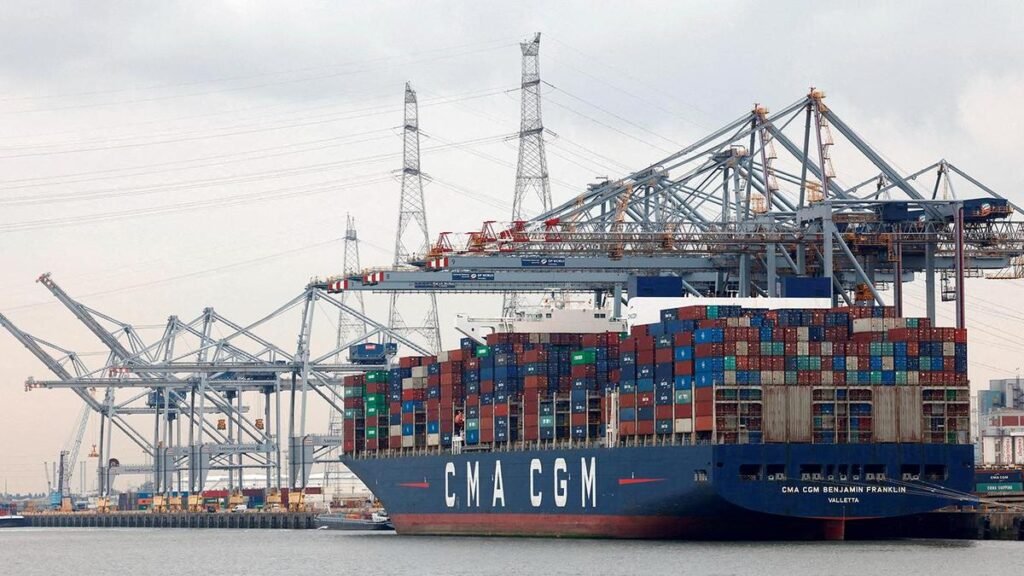GRAP 3 in Delhi-NCR: Real estate developers urge site-specific curbs, say blanket construction ban risks project delays
With Delhi’s air quality remaining in the ‘severe’ category for the third straight day, the Commission for Air Quality Management (CAQM) has enforced GRAP Stage III restrictions to curb pollution. These include a ban on construction and demolition activities to address the severe pollution levels in the Delhi-NCR region.
Real estate developers say that the move could delay ongoing projects and impact timely delivery to homebuyers. They argue that RERA-registered projects, which already comply with stringent environmental standards, should be treated as essential construction and allowed to continue under strict supervision.
Developers suggest a site-specific approach, permitting construction at sites where air quality remains below GRAP Stage 3 thresholds, instead of a blanket ban. Such a calibrated system, they say, would protect public health while minimising economic disruption, preventing unnecessary project delays and ensuring continued adherence to environmental safeguards.
Construction activities that generate relatively low pollution and dust emissions should be allowed to continue, provided they comply with C&D waste management regulations, they say.
“Projects registered under RERA already follow strict environmental standards and should be permitted to proceed as essential construction activities under proper supervision. Allowing these regulated projects to continue under careful monitoring will help strike a balance between public health needs and economic priorities, reduce project delays, and ensure adherence to environmental safeguards,” said Praveen Jain, president, NAREDCO.
“Sites that consistently record air quality levels below the GRAP Stage III threshold should be allowed to operate. This would ensure a fair, site-specific system of regulation rather than a blanket ban that halts all construction activities indiscriminately,” he said.
A study conducted by industry body, NAREDCO Haryana, in collaboration with IIT Delhi for GRAP Stage III and IV, has provided several practical recommendations that can be implemented in Delhi-NCR to enable construction activities without causing significant pollution, he said.
These include adopting aluminum shuttering, promoting monolithic construction techniques that produce significantly less debris compared to traditional methods, using hydraulic rebar cutters instead of abrasive saw cutters for reinforced bars, and allowing painting and related activities to continue since their contribution to pollution was found to be less than 11%.
The study also recommends that Concrete Batch Mix Plants may be operated within construction sites under strict pollution control measures, as this minimizes external vehicular movement and associated emissions.
Also Read: Delhi AQI: Should clean air command higher property prices? Experts divided on linking real estate values to air quality
“As every construction site is equipped with real-time pollution monitoring sensors, with continuous data shared directly with the CPCB. Sites that consistently record air quality levels below the GRAP Stage III threshold should be allowed to operate,” he said.
Also Read: Bandhwari landfill: Gurugram’s expanding garbage mountain threatens real estate development, health and environment
Dinesh Gupta, president, CREDAI Western UP, however, said that the air quality situation in Delhi-NCR has reached a severe level, and implementing GRAP Stage-III is a timely and necessary step. “We urge all our members and developers to strictly follow pollution-control guidelines, including regular water sprinkling, covering construction sites and debris, minimizing the use of diesel generators, and adopting eco-friendly energy sources.”



